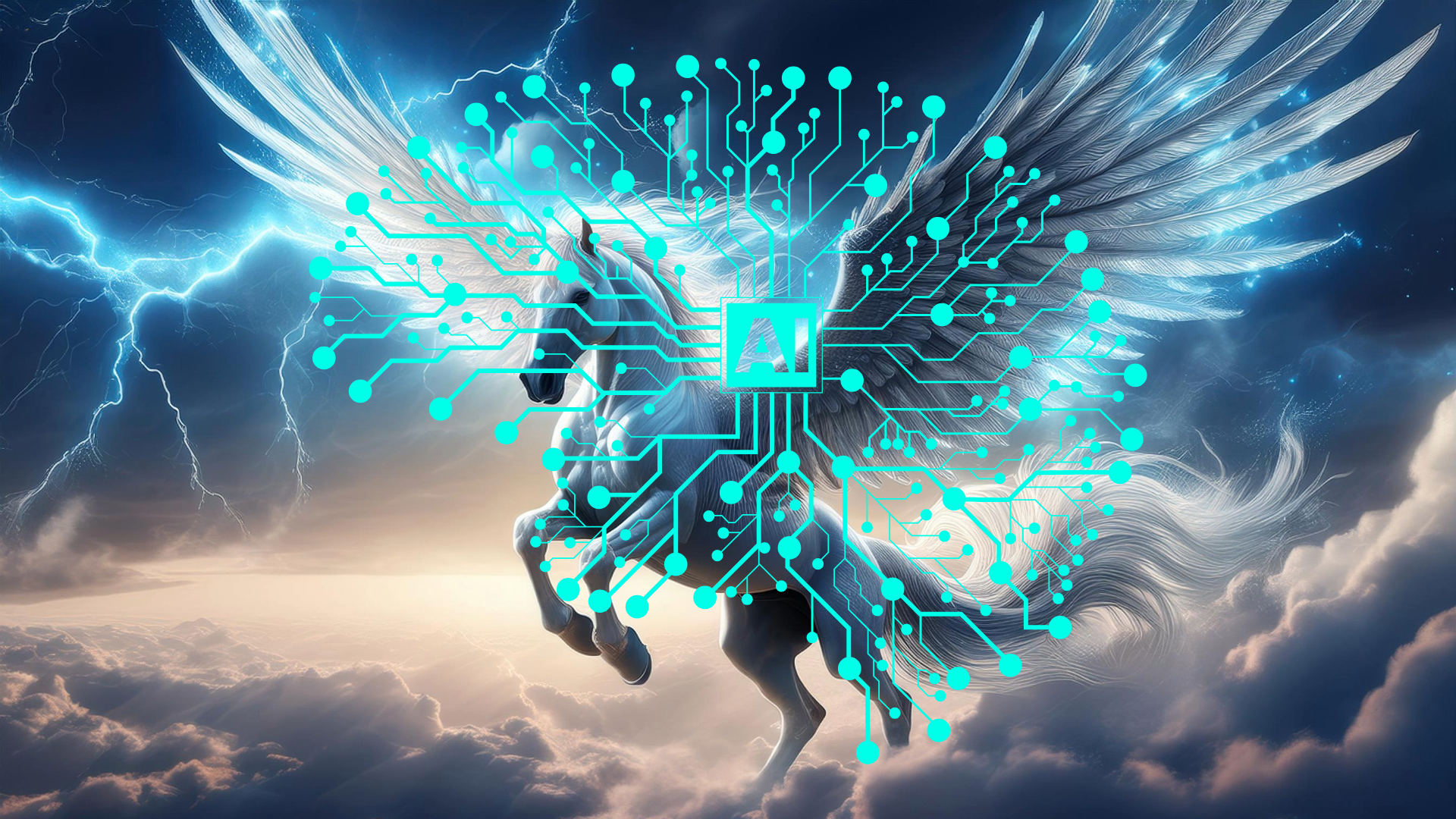Diamond AI
An advanced reasoning AI assistant system designed for procedural level generation, game balance optimization, and intelligent content creation. By leveraging reasoning models, it enhances game design efficiency and improves procedural generation quality.

Procedural Generation
- Procedural Level Generation: AI-driven algorithms generate dynamically evolving environments using FBM (Fractal Brownian Motion). The AI adapts frequency parameters in real-time, ensuring variety and replayability.
- Game Balance Optimization: A simulation-driven AI dynamically adjusts difficulty scaling, resource allocation, and progression flow. It selects the most effective progression and allocation functions, optimizing stats, multipliers, and formulas to maintain balanced gameplay.

Narrative Generation
- Content Adaptation: The AI continuously analyzes player behavior using reasoning models, allowing it to adjust in-game content dynamically. This ensures a personalized and engaging experience.
- Dynamic Quest, Event, Item etc. Generation: The system creates adaptive quests and in-game events based on player interaction history, enhancing immersion and narrative coherence.
- Automated Asset Placement: AI-powered procedural placement ensures efficient distribution of items, enemies, NPCs, and environmental elements. The AI recognizes and intelligently integrates assets, enabling seamless level generation with memorized context.

Reasoning Models & AI Integration
This system is designed to be compatible with any game engine, as it operates independently as a Next.js project. It supports multiple AI models, including ChatGPT, Gemini, LLaMA and DeepSeek, enabling dynamic interactions, procedural adaptations, and intelligent decision-making. Advanced agentic behaviors are integrated, allowing for AI-driven image generation, quest creation, and real-time optimizations. Each generated game is stored in memory, enabling the AI to track changes, analyze player behavior, and continuously refine level design, game balance, and content distribution. This ensures an adaptive and evolving experience, where AI dynamically enhances both gameplay mechanics and user engagement over time.